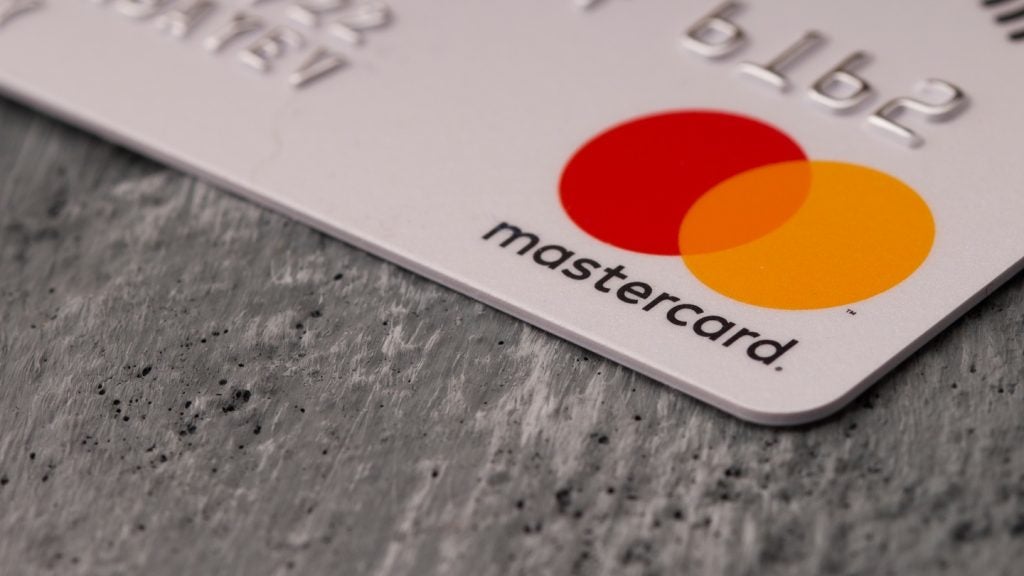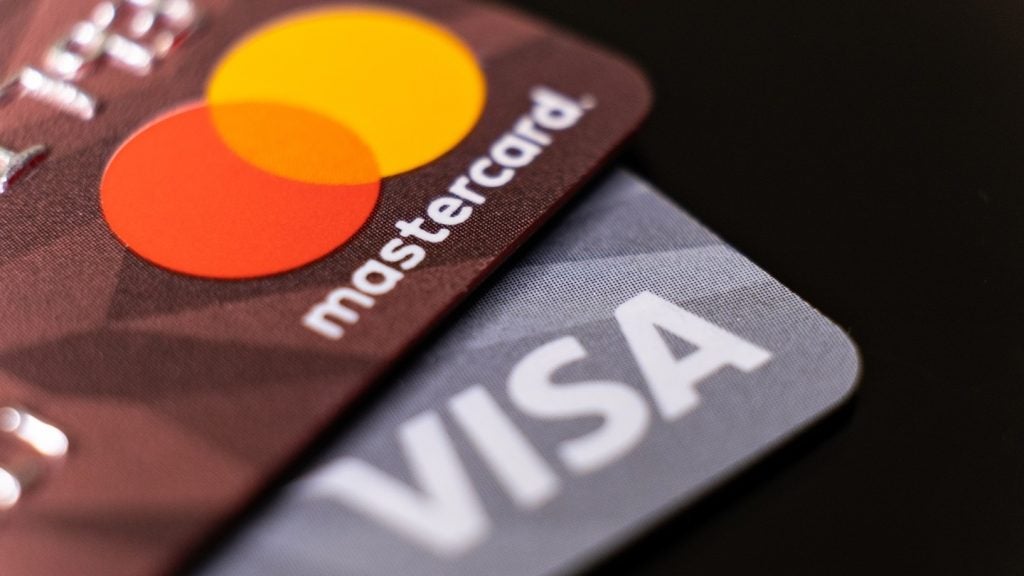JCB International and Viva Wallet, a cloud based digital payments factory, have signed a joint licencing agreement that allows JCB cards to be used at all POS systems and online touch points across Europe.
The partnership, which will be launched next year, covers 108,000 merchants in 12 countries.

Access deeper industry intelligence
Experience unmatched clarity with a single platform that combines unique data, AI, and human expertise.
As a result of the agreement, JCB cardmembers will be able to use their card at different locations including homepages and key account merchants.
The countries covered by the agreement include Greece, the UK, Romania, Belgium, Cyprus, France.
Italy, Germany, Poland, the Netherlands, Portugal and Spain will also be added shortly, the companies said in a press statement.
In these European markets, the agreement will facilitate JCB card acceptance face to face and online as well as JCB Contactless and 3D Secure transactions.

US Tariffs are shifting - will you react or anticipate?
Don’t let policy changes catch you off guard. Stay proactive with real-time data and expert analysis.
By GlobalDataJCB International (Europe) managing director Tsuyoshi Notani said: “Greece received around 30 million visitors in 2017 making it one of the most visited countries in the world, so it’s imperative for JCB to have a presence here as we extend our wider reach into Europe to ensure our cardmembers enjoy a seamless payments journey when visiting European countries.
“Thanks to our partnership with Viva Wallet we’re able to help increase the acceptance of alternative payment methods following growing consumer and government demand in Greece.”
Viva Wallet (UK) chief product & innovation architect Costas Mantratzis said: “We are very excited about our partnership with JCB and we welcome their cardmembers not only to make easier and faster online and offline payments, but also accommodate an increasing demand for alternative payments methods in Europe, that not many other payment providers can support.”







